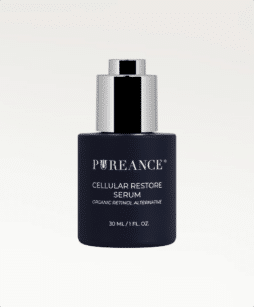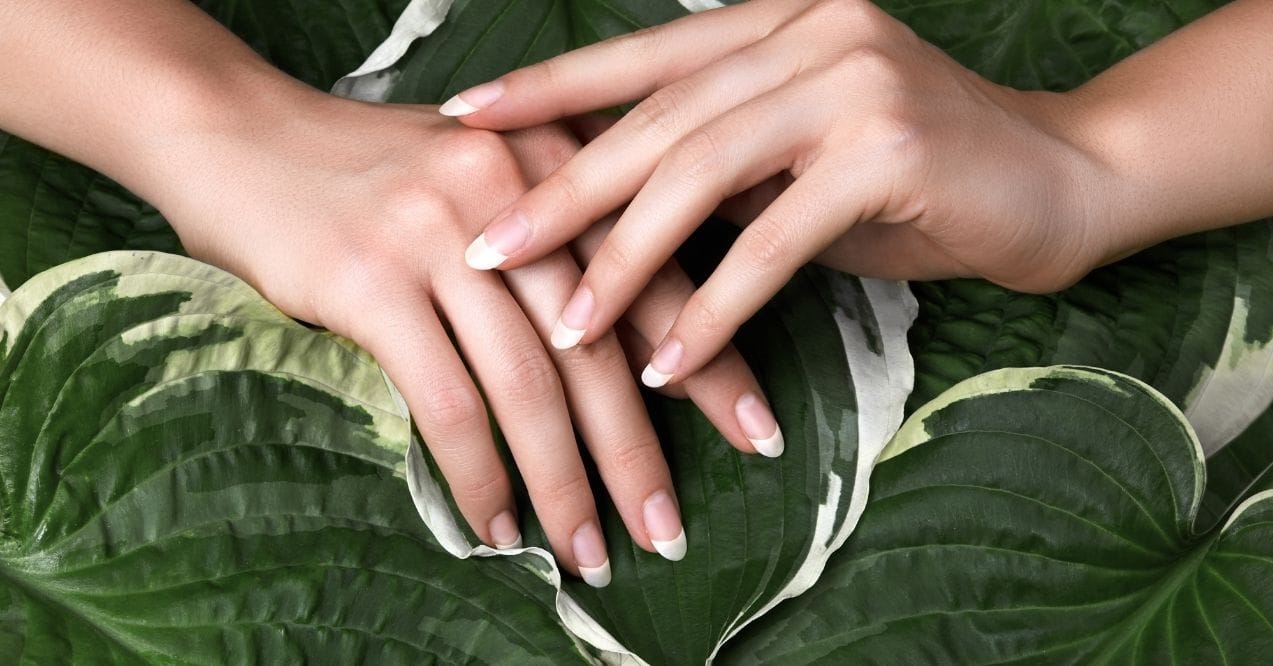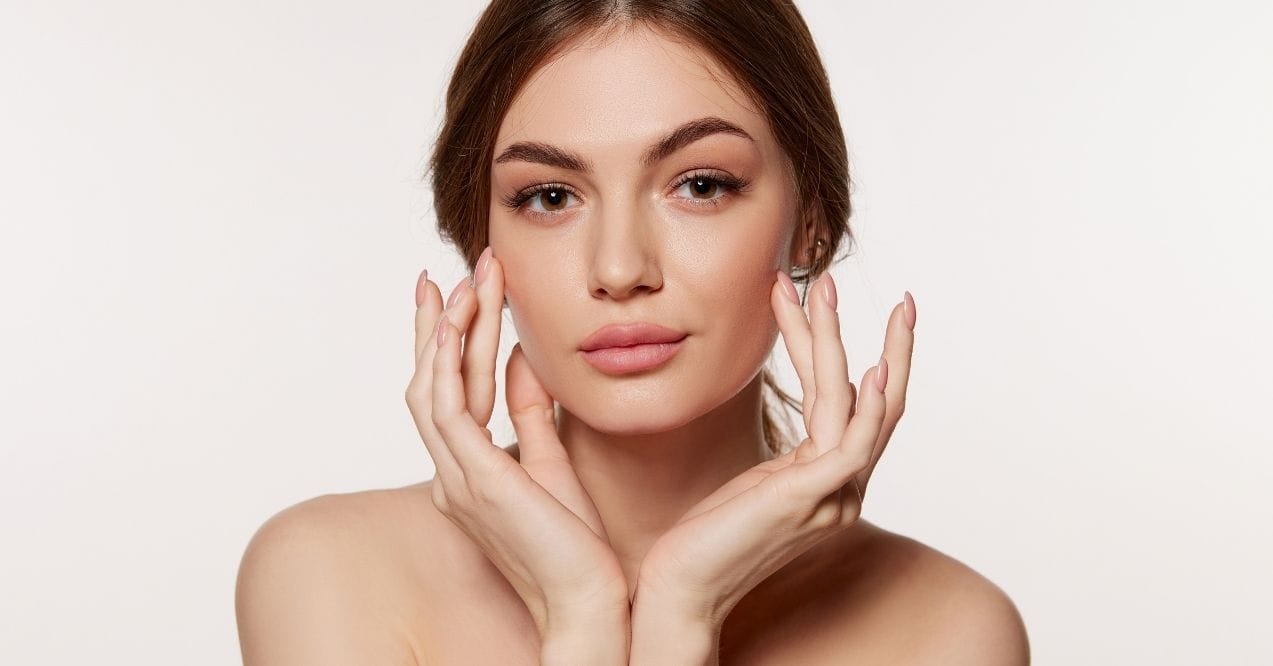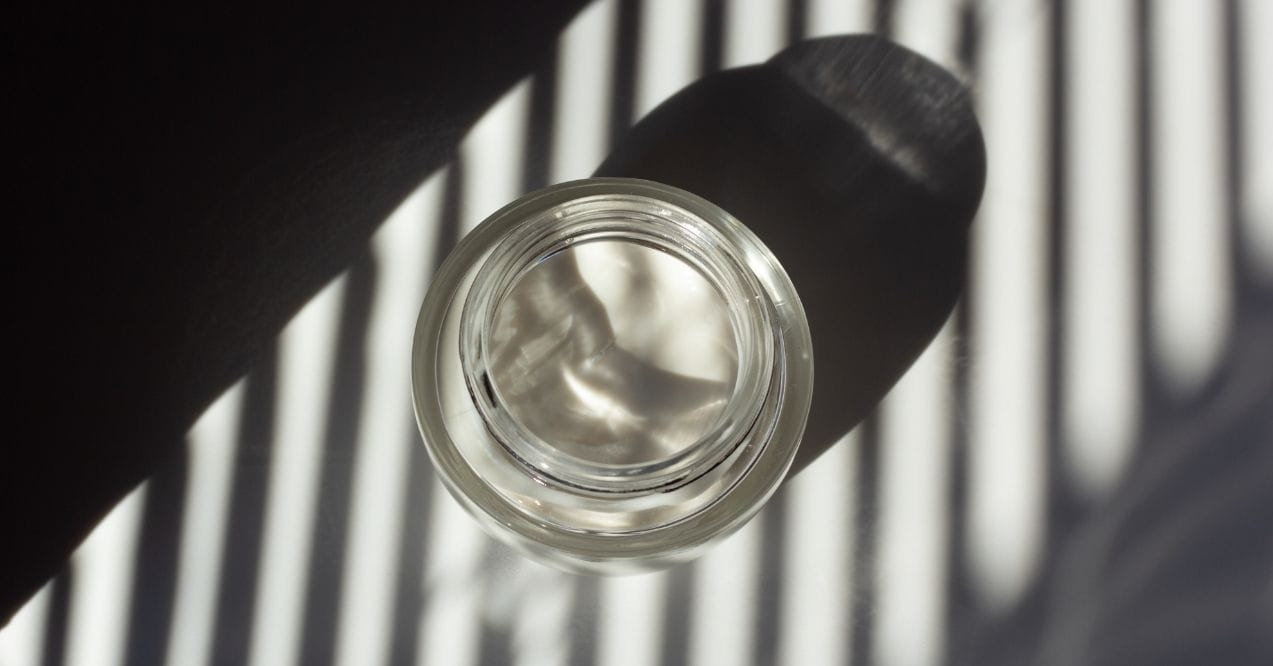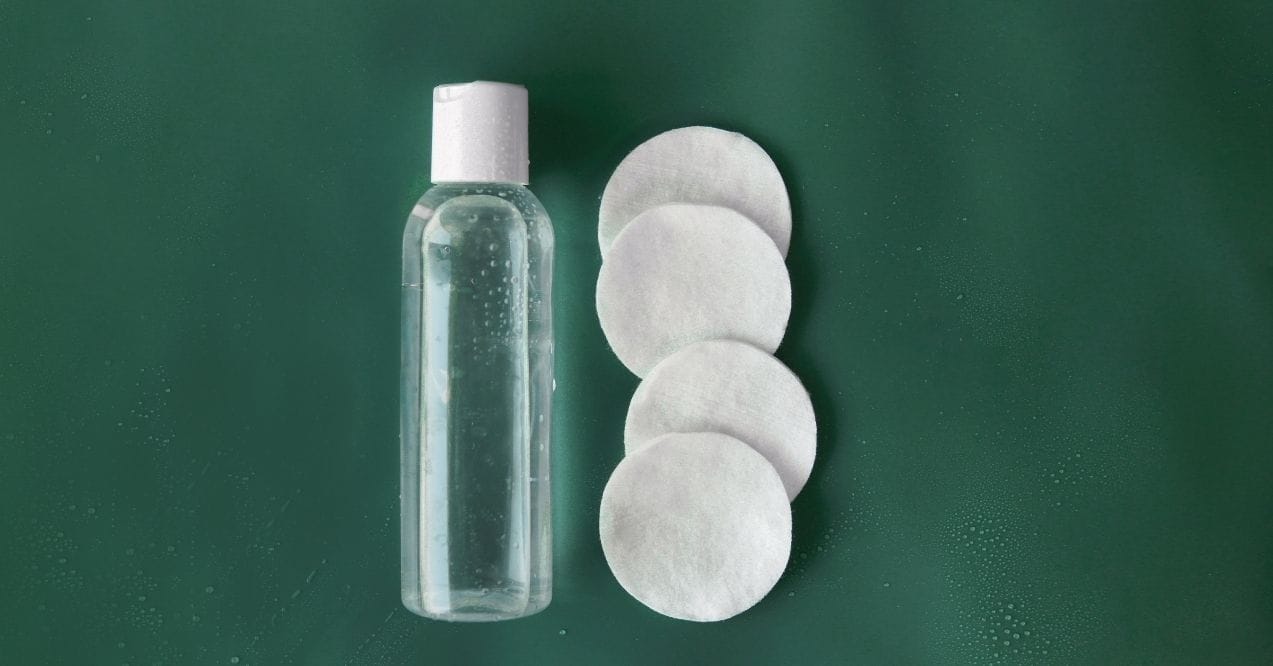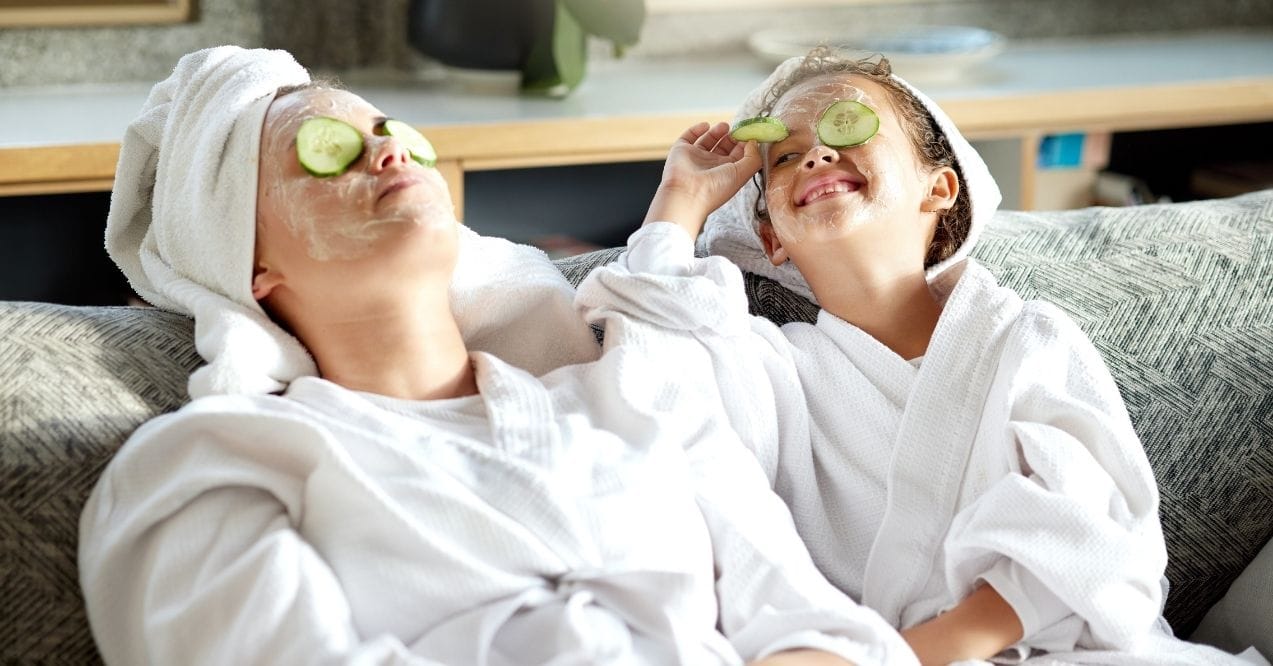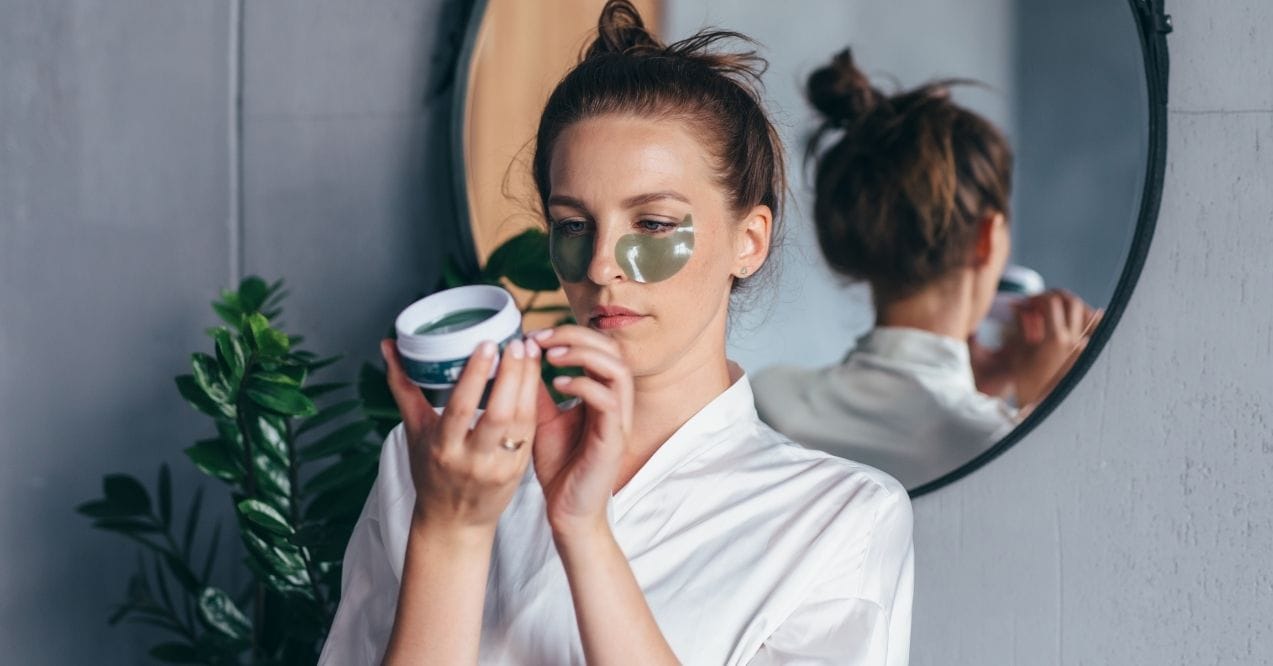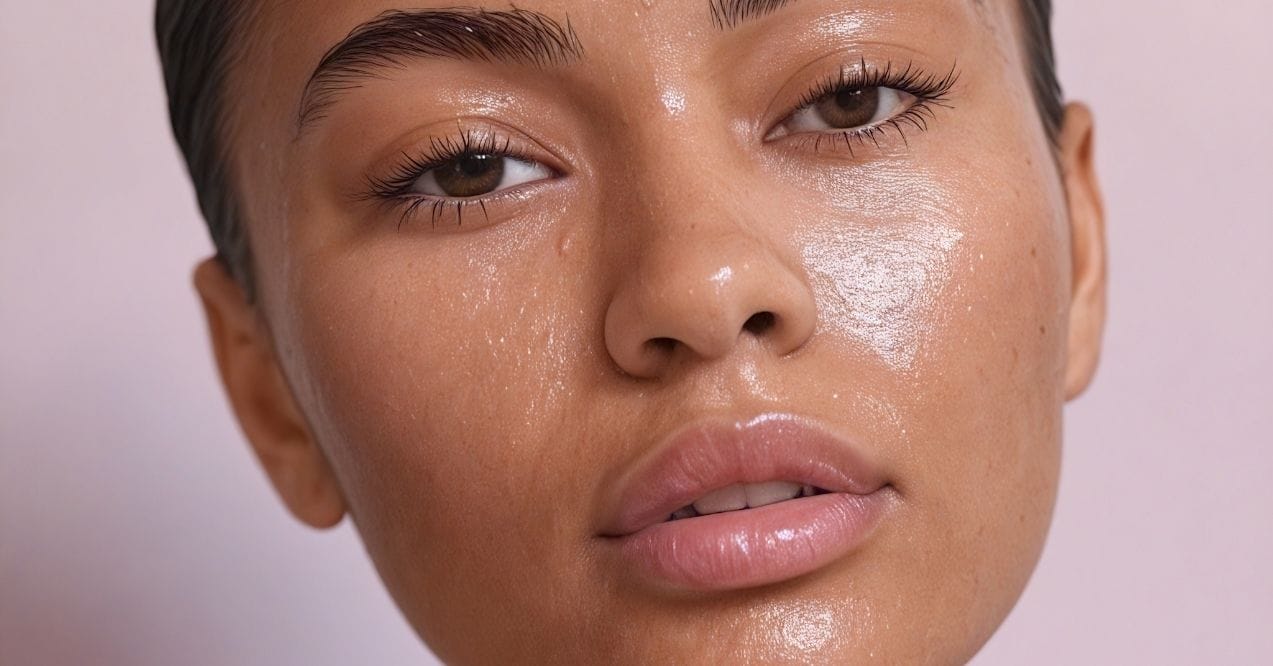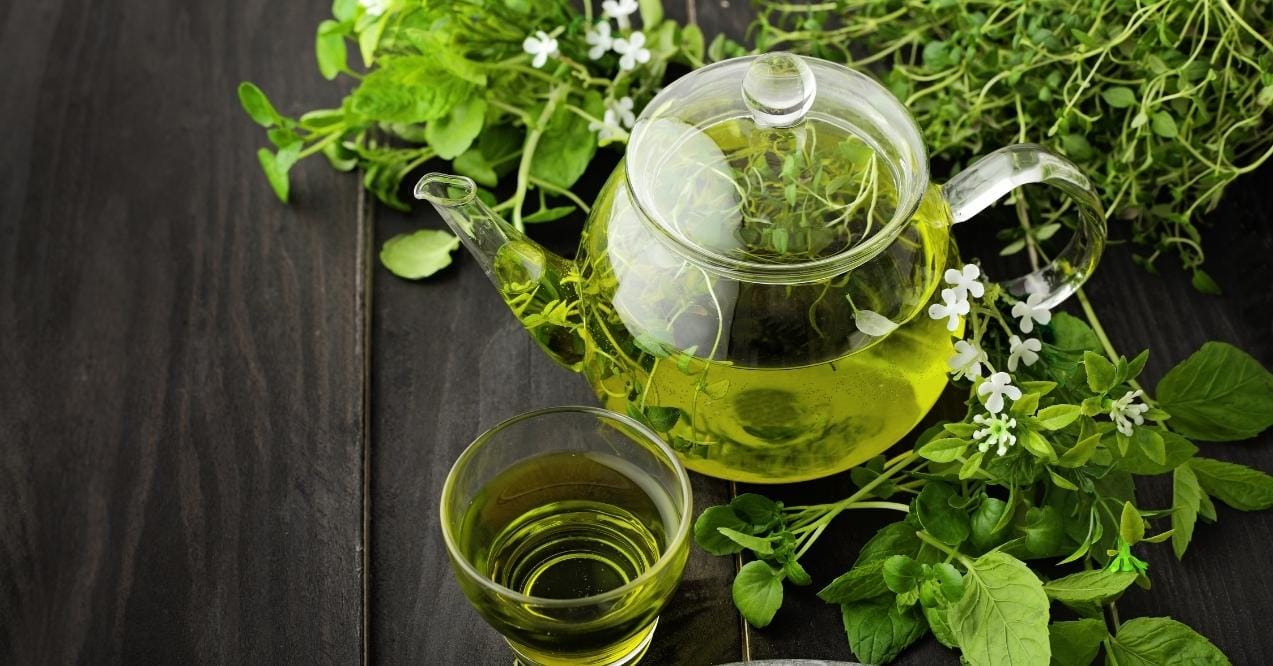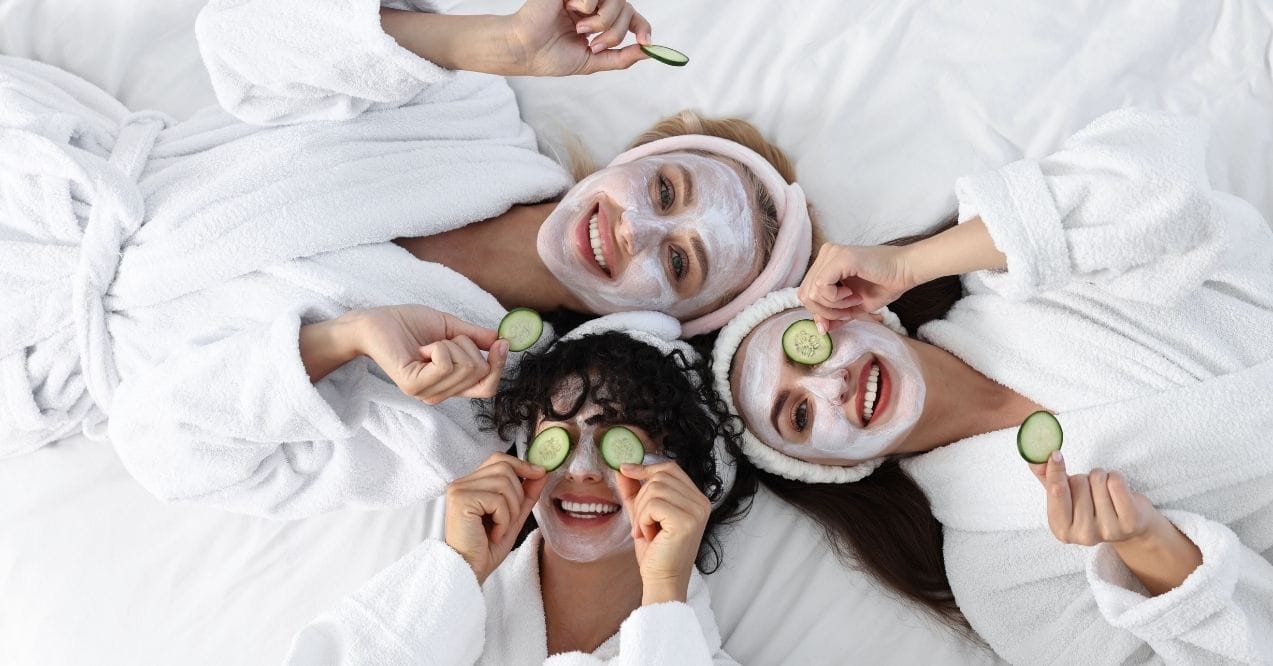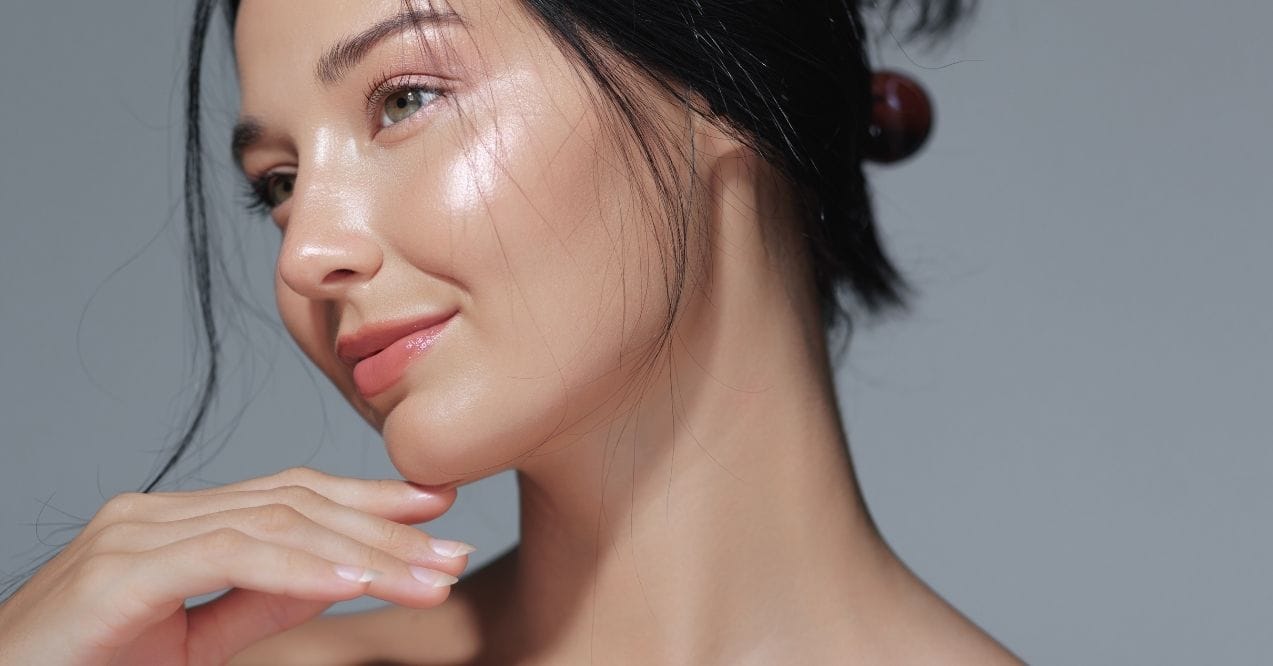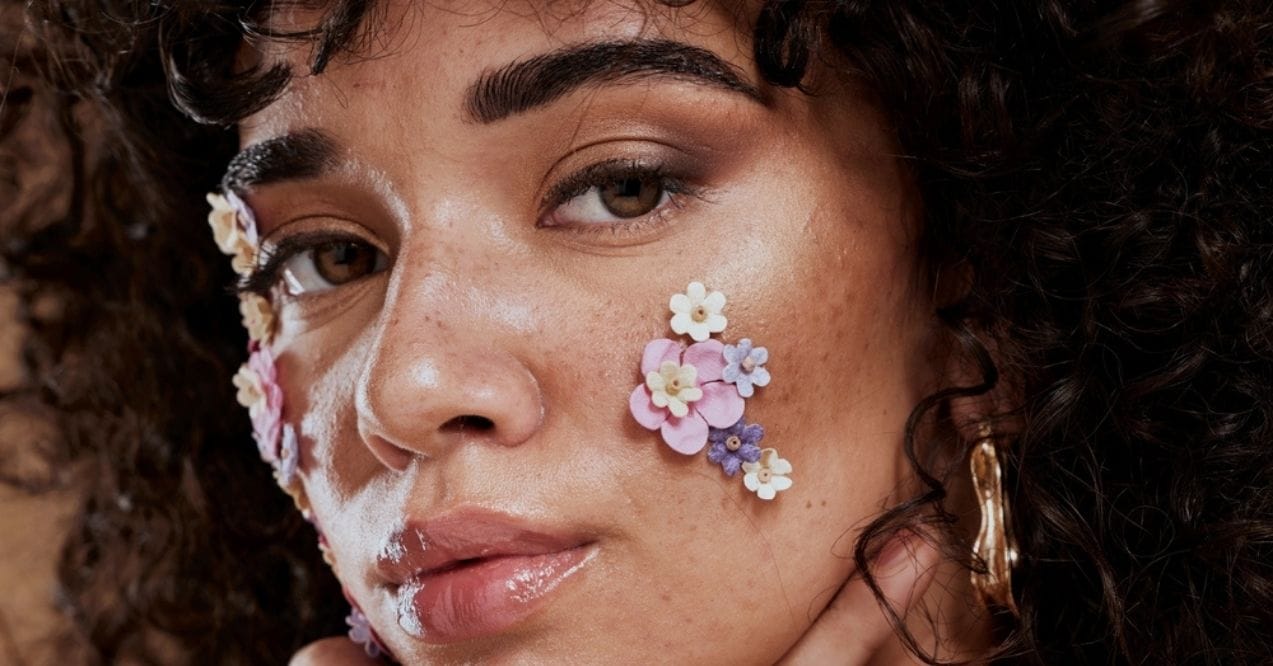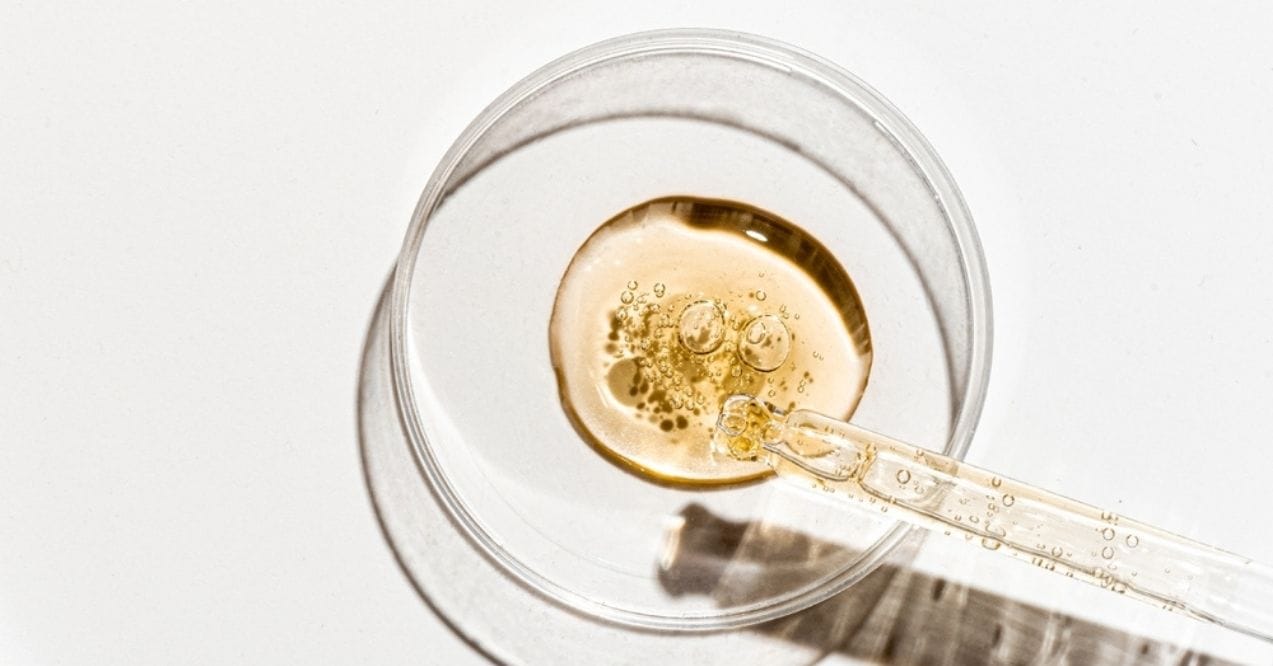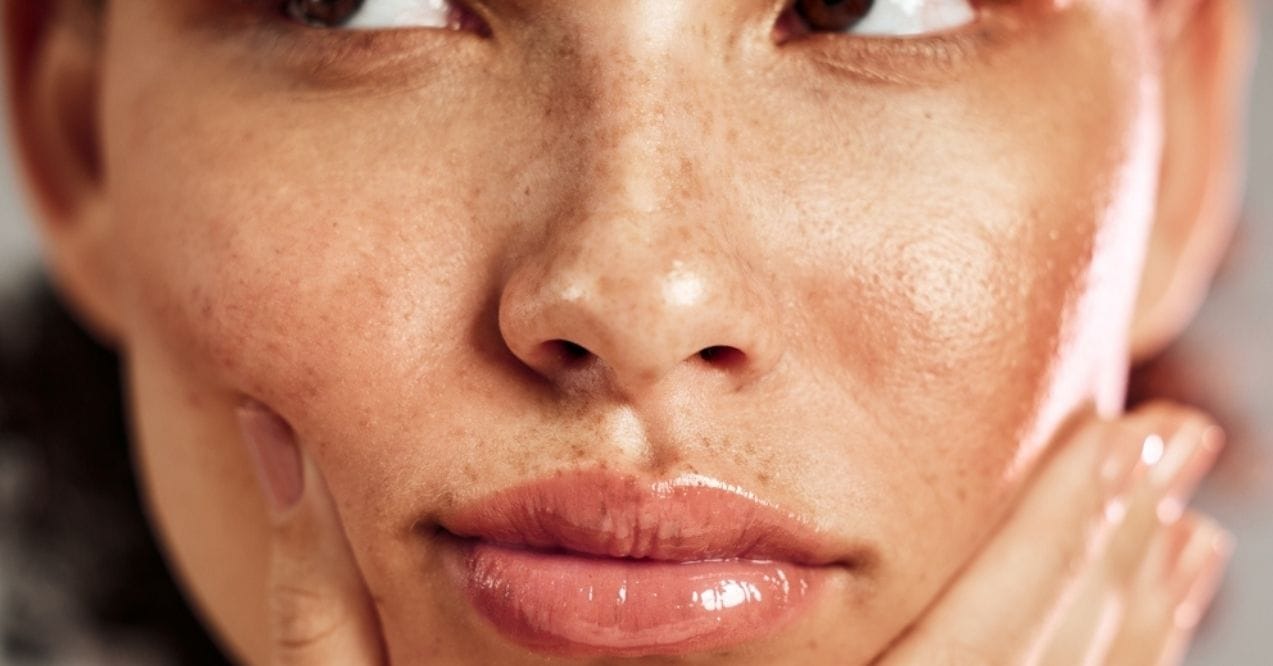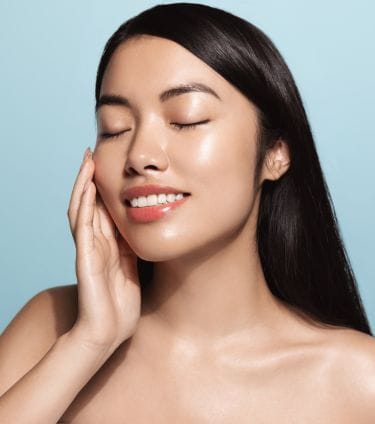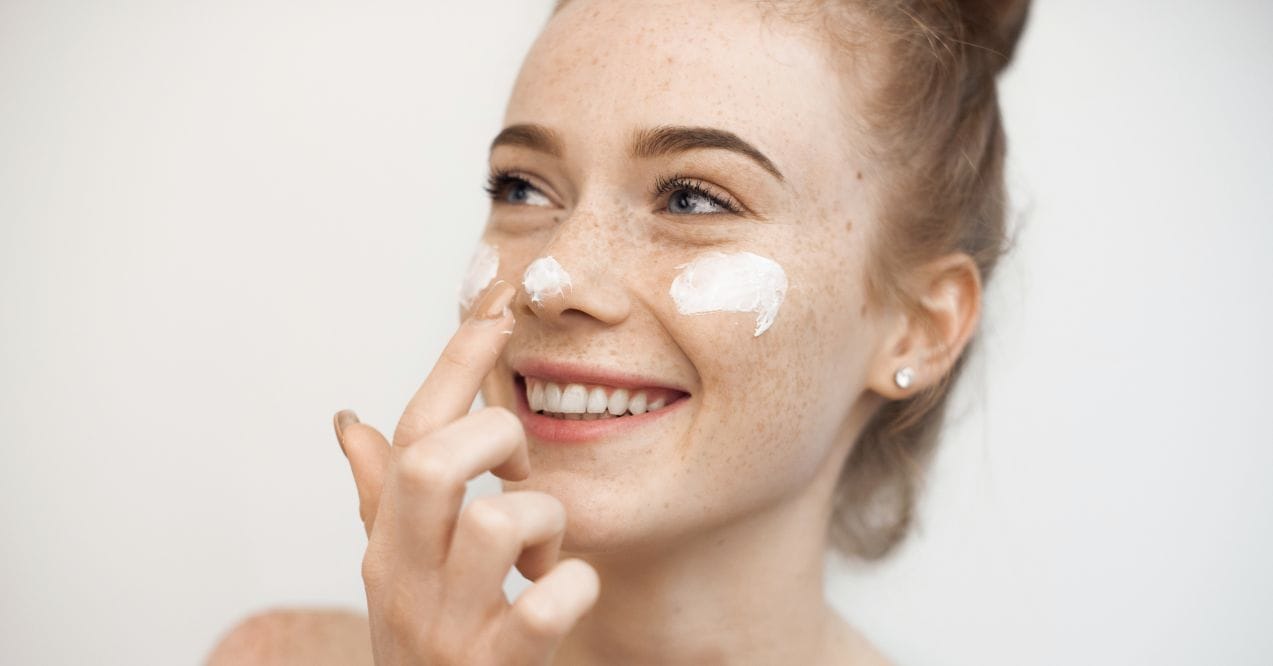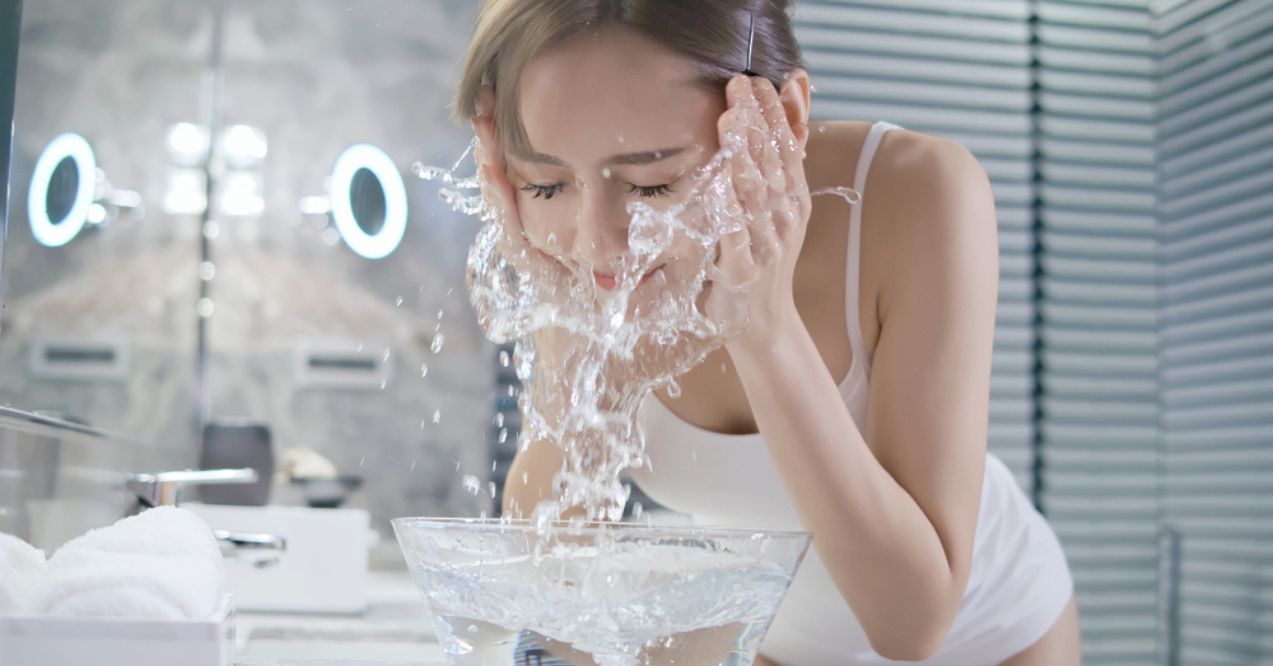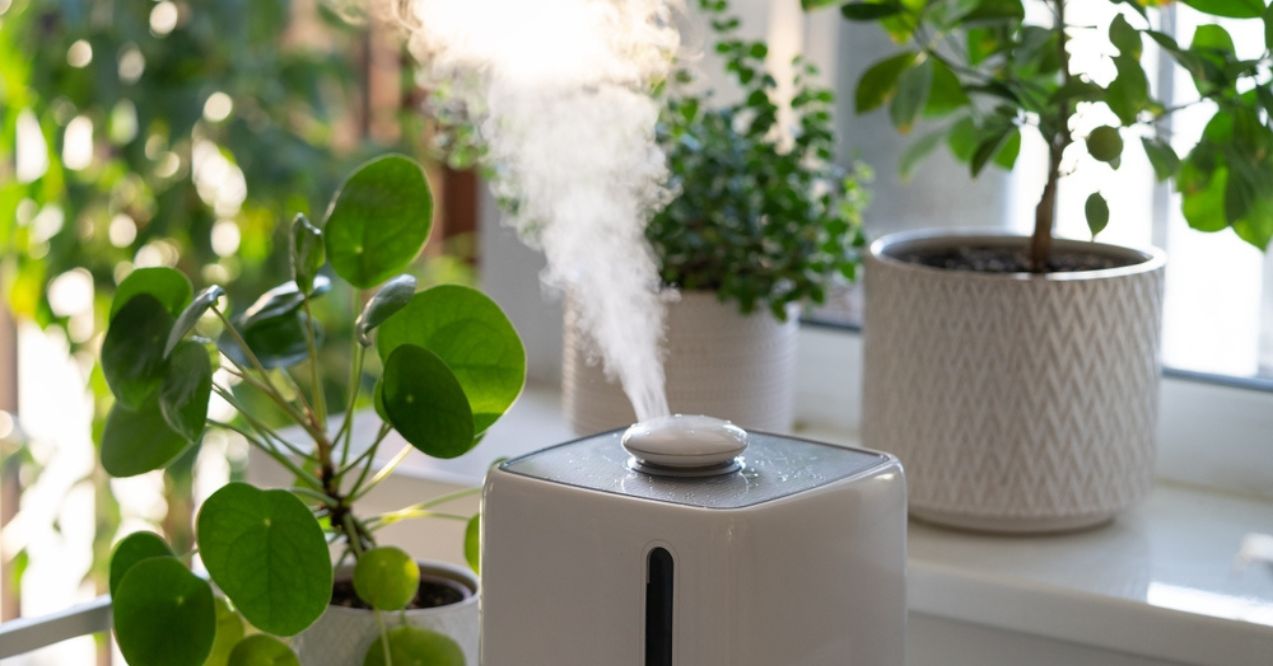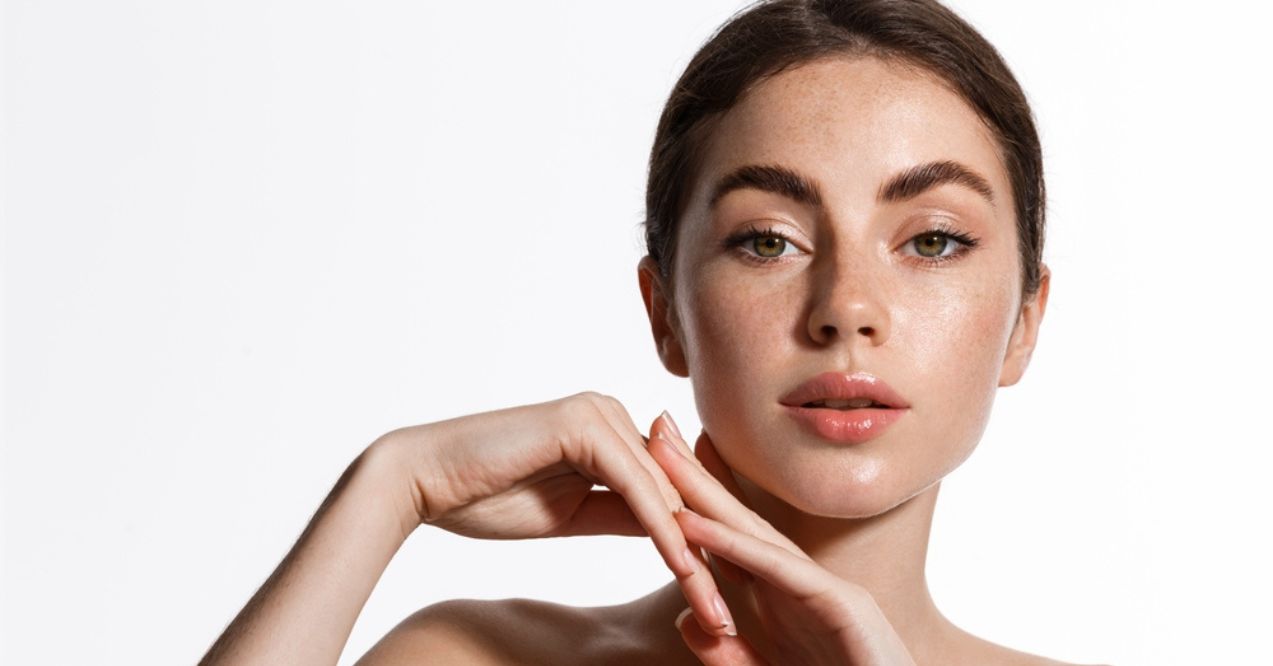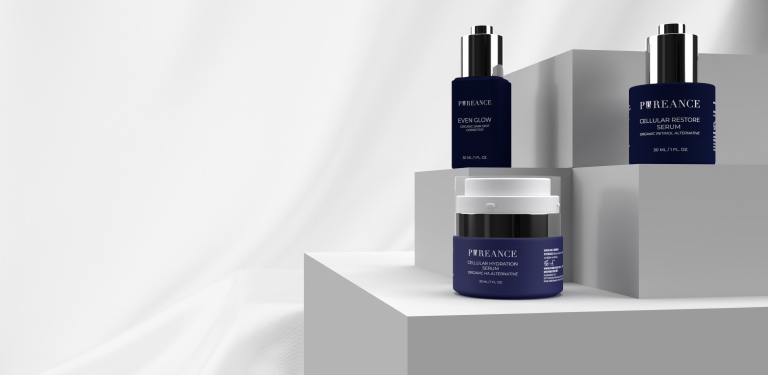


Natural Alternatives to Retinol for Skin & Total Relaxation
What if achieving radiant, youthful skin could feel like a spa retreat rather than a medical treatment? Natural alternatives to retinol are transforming the way we think about anti-aging skincare, proving that gentle doesn’t mean ineffective. Gone are the days when beautiful skin required enduring irritation, redness, or sensitivity.
Today’s plant-based ingredients work harmoniously with your skin while you unwind, turning your evening routine into a luxurious ritual of self-care. From bakuchiol’s retinol-like benefits to rosehip oil’s nourishing embrace, these gentle powerhouses deliver visible results while you relax – because your skin should glow, not protest.
What Are Natural Alternatives to Retinol?
Natural alternatives to retinol are botanical and plant-derived ingredients that support skin’s natural renewal processes without the irritation commonly associated with traditional retinol. These gentle compounds work by stimulating skin surface renewal and promoting your skin’s natural glow through different pathways than synthetic retinoids.
Key natural alternatives include:
- Bakuchiol
- Vitamin C
- Peptides
- Gentle Fruit Acids
- Niacinamide
- Plant Retinol
Unlike traditional retinol, these alternatives work harmoniously with your skin’s natural rhythms. They support the skin’s inherent ability to renew itself while you sleep, allowing you to wake up with revitalized, glowing skin. The beauty of natural alternatives lies in their ability to improve skin texture gradually, without the adjustment period of redness or sensitivity.
Common Myths About Retinol Alternatives
Myth 1: “Natural means less effective”
Reality: Plant-based ingredients like bakuchiol have been shown to support skin’s elasticity and promote surface renewal just as effectively as traditional retinol, but with greater comfort.
Myth 2: “You need irritation for results”
Reality: Skin irritation actually disrupts your natural barrier function. Gentle natural alternatives work with your skin’s processes, supporting lasting improvements without compromising skin comfort.
Myth 3: “Only prescription strength works”
Reality: Consistent use of natural alternatives to retinol can promote significant improvements in skin texture and appearance. The key lies in patience and regular application, allowing these botanical ingredients to support your skin’s natural renewal cycle over time for sustainable, beautiful results.
Best Natural Retinol Alternatives by Skin Type
Choosing the right natural alternatives to retinol depends on your skin’s unique needs and goals. Here’s
how to select ingredients that support your specific skin type while promoting a relaxing, effective routine.
Oily skin:
- Niacinamide – Regulates sebum production while minimizing the appearance of pores for smoother-looking skin
- Gentle AHAs – Promote surface renewal and support balanced oil levels
- Green Tea Extract – Provides soothing properties while supporting skin’s natural balance
Dry skin:
- Bakuchiol – Delivers retinol-like benefits while deeply nourishing and supporting skin elasticity
- Rosehip Oil – Rich in natural vitamin A and essential fatty acids that restore moisture and promote cell renewal
- Sea Buckthorn Oil – Packed with vitamins A, C, and E to deeply hydrate while supporting natural regeneration
Sensitive skin:
- Bakuchiol – Offers gentle anti-aging benefits without irritation or photosensitivity
- Centella Asiatica – Calms inflammation while supporting natural collagen production
- Chamomile Extract – Soothes reactive skin while providing antioxidant protection
Combination skin:
- Vitamin C – Brightens and supports collagen synthesis while adapting to different skin areas
- Hyaluronic Acid – Delivers targeted hydration where needed most
- Argan Oil – Balances moisture levels across different facial zones
Mature skin:
- Bakuchiol – Stimulates collagen production and improves skin firmness with gentle, consistent use
- Peptides – Support natural skin repair processes and help maintain elasticity
- Vitamin E – Provides powerful antioxidant protection while nourishing aging skin
Creating Your Relaxing Routine
Building a calming routine with natural alternatives to retinol transforms your skincare from a task into a cherished self-care ritual. The beauty of these gentle ingredients lies in their ability to work while you unwind.
Evening Routine for Relaxation: Start with a gentle cleanser, then apply your chosen natural alternative in a quiet, dimly lit space. Take time to massage products in with slow, mindful movements. The evening hours allow these ingredients to support your skin’s natural renewal while you sleep peacefully.
Morning Simplicity: Keep mornings gentle with hydrating serums and broad-spectrum sun protection. Natural alternatives work best when layered thoughtfully – thinner consistency products first, followed by richer formulations.
Mindful Application Tips:
- Create a calming atmosphere with soft lighting or aromatherapy
- Practice deep breathing while applying products
- Set realistic expectations – natural alternatives work gradually over 4-6 weeks
- Maintain consistency for optimal results
Conclusion
Natural alternatives to retinol offer a gentle path to radiant skin without compromising comfort or well-being. Whether you’re pursuing glass skin luminosity or balanced oily skin, these botanical ingredients support your skin’s natural processes while you relax and unwind.
By embracing patience over harsh treatments, you can maintain a sustainable routine that nurtures both your skin’s appearance and your overall sense of calm, proving that effective skincare can be both powerful and peaceful.
Bakuchiol oil, derived from the Psoralea corylifolia plant, offers similar benefits to retinol by supporting skin’s elasticity and promoting surface renewal. Rosehip seed oil also contains natural compounds that help maintain skin texture and support your skin’s natural glow without irritation.
Natural alternatives to retinol can be incorporated into skincare routines when you begin noticing changes in skin texture or want to support your skin’s natural renewal processes. Focus on gentle, consistent care rather than age-specific timelines for optimal skin wellness.
Bakuchiol stands out as an exceptional natural alternative to retinol, supporting skin elasticity and promoting gentle surface renewal without irritation. Combined with vitamin C and peptides, it creates a powerful yet soothing routine that maintains your skin’s natural radiance and comfort.
Absolutely. Natural alternatives like niacinamide, gentle fruit acids, and bakuchiol can support smooth skin appearance and maintain balanced oil production. Consistent use of these botanical ingredients, combined with proper hydration and sun protection, promotes healthy-looking skin without harsh ingredients.
This site offers health, wellness, fitness and nutritional information and is designed for educational purposes only. You should not rely on this information as a substitute for, nor does it replace, professional medical advice, diagnosis, or treatment. If you have any concerns or questions about your health, you should always consult with a physician or other health-care professional. Do not disregard, avoid or delay obtaining medical or health related advice from your health-care professional because of something you may have read on this site. The use of any information provided on this site is solely at your own risk.
Nothing stated or posted on this site or available through any services are intended to be, and must not be taken to be, the practice of medical or counseling care. For purposes of this agreement, the practice of medicine and counseling includes, without limitation, psychiatry, psychology, psychotherapy, or providing health care treatment, instructions, diagnosis, prognosis or advice.
